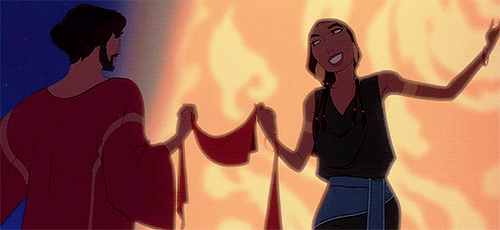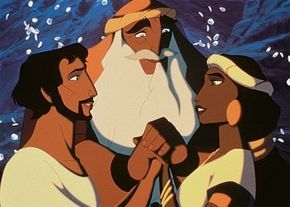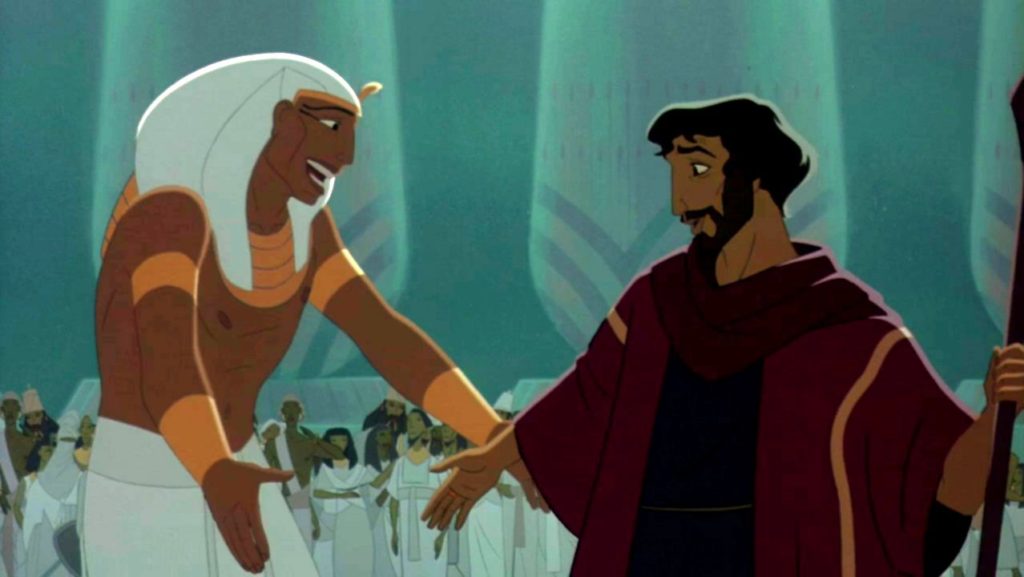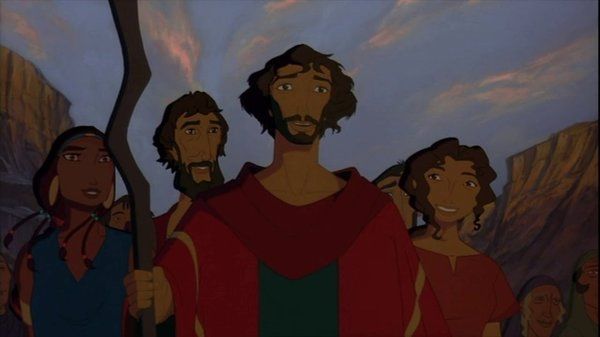For most of my childhood, I went to a Roman Catholic church and attended a Christian school. My church had a Saturday morning youth program called Religious Instructions, where we learned about the Seven Sacraments and the importance of Mary. The remainder of my week took place at school where we had to memorize and recite Bible verses and constantly demonstrate our faith in Christ.
As a child, I never understood these practices. To me, they were just activities that people did when they truly believed in something.
Looking back at it now, I don’t think 27-year-old me would feel comfortable taking part in it, considering the fact that I’m not very religious.
I did, however, enjoy the epic stories that my teachers told me. It was fascinating to learn about people who lived thousands of years ago and then realize that their beliefs have a significant impact on your spiritual life as well.
To this day, I find myself increasingly intrigued by how much the Bible and its stories have a role in modern storytelling.
My favorite story of all would be the Prince of Egypt which is a Dreamworks retelling of the book of Exodus. A lifelong fan of this movie, I listen to the soundtrack quite a lot and have recently discovered that it’s coming to life on the Broadway stage in London’s West End.
I wanted to celebrate by exploring the reasons why this movie is still so beloved.
It’s a Timeless Epic Told Through Music

It seems like every song on the original Prince of Egypt soundtrack tells a story of its own while also maintaining a sense of cohesiveness.
Deliver Us introduces us to the world of ancient Egypt at its peak and is sung from the perspective of Yocheved, a young Hebrew mother trying to protect her children from Nazi-like Egyptian soldiers. Much to her relief, her youngest son, Moses, gets adopted by the Egyptian royal family.
In All I Ever Wanted, an adult Moses finds out that he’s not truly a prince of Egypt but a Hebrew whose people were slaughtered by Pharaoh, his adoptive father. The song is very emotionally accurate as Moses tries to drown out the pain by reassuring himself that he truly is a member of the royal family.
Through Heaven’s Eyes takes place in the desert where Moses finds peace of mind and self-forgiveness while living with a group of humble desert nomads. It’s the point in his life where he gradually strips himself of his Egyptian prince persona and starts anew in a more spiritually fulfilling role.

After receiving a message from God, Moses decides to return to Egypt to free his people. He confronts his adoptive brother, Rameses, who is now the Pharaoh. Rameses responds by having his high priests perform the song Playing With the Big Boys while simultaneously displaying the might and power of their own gods.
After witnessing Rameses deny Moses’ request, God decides to destroy everything Rameses has built. This is portrayed during the song The Plagues, which gives a dramatic and downright terrifying glimpse into the wrath of God.
The film ends with When You Believe, where Moses finally leads his people to salvation. This is probably one of the most satisfying and visually spectacular endings ever seen in an animated film.
It’s a Tale of Two Brothers
One of the main themes of the movie is the heavily nuanced relationship between Moses and his brother. Rameses always saw Moses as more than just a sibling; he was his best friend and confidante. He was willing to drop charges against Moses when the latter accidentally killed an official while fleeing Egypt.
When Moses returned, it seemed like the years apart meant nothing to Rameses as he tried to pick up where he and his brother left off.

Contrary to popular belief, Rameses never truly hated Moses when they started fighting. He was simply frustrated because he didn’t recognize the new God and he didn’t understand why Moses, of all people, was doing his bidding.
Moses finds himself in a similar predicament because he doesn’t fully understand God himself. All he knows is that what his brother is doing is wrong and he is the only one who has the slightest chance of stopping him. Bringing God’s wrath upon Rameses breaks Moses beyond comprehension, but he knows it must be done in order to set things right.
It Has a Powerful Message
Unlike many biblical retellings, this rendition doesn’t come off as preachy or overly religious. It’s a perfect illustration of the hardships one often experiences when trying to reach fulfillment in life.

Moses wasn’t simply just following God’s orders because he’s the protagonist and an all-around nice guy. In the beginning, he was a very arrogant and self-absorbed prince who had inadvertently turned his back on his own people. He has to wrestle with this guilt for years while also coming to grips with the idea that his life had a deeper purpose.
There are a handful of stories that I find myself connecting to in a very deep and emotional way.
Stories like these tend to stick with me for my entire life and are prone to popping back in my head when I need them the most. Prince of Egypt is definitely one of these stories, and I consider myself lucky to grow up learning about such a tale.


Comments are closed.